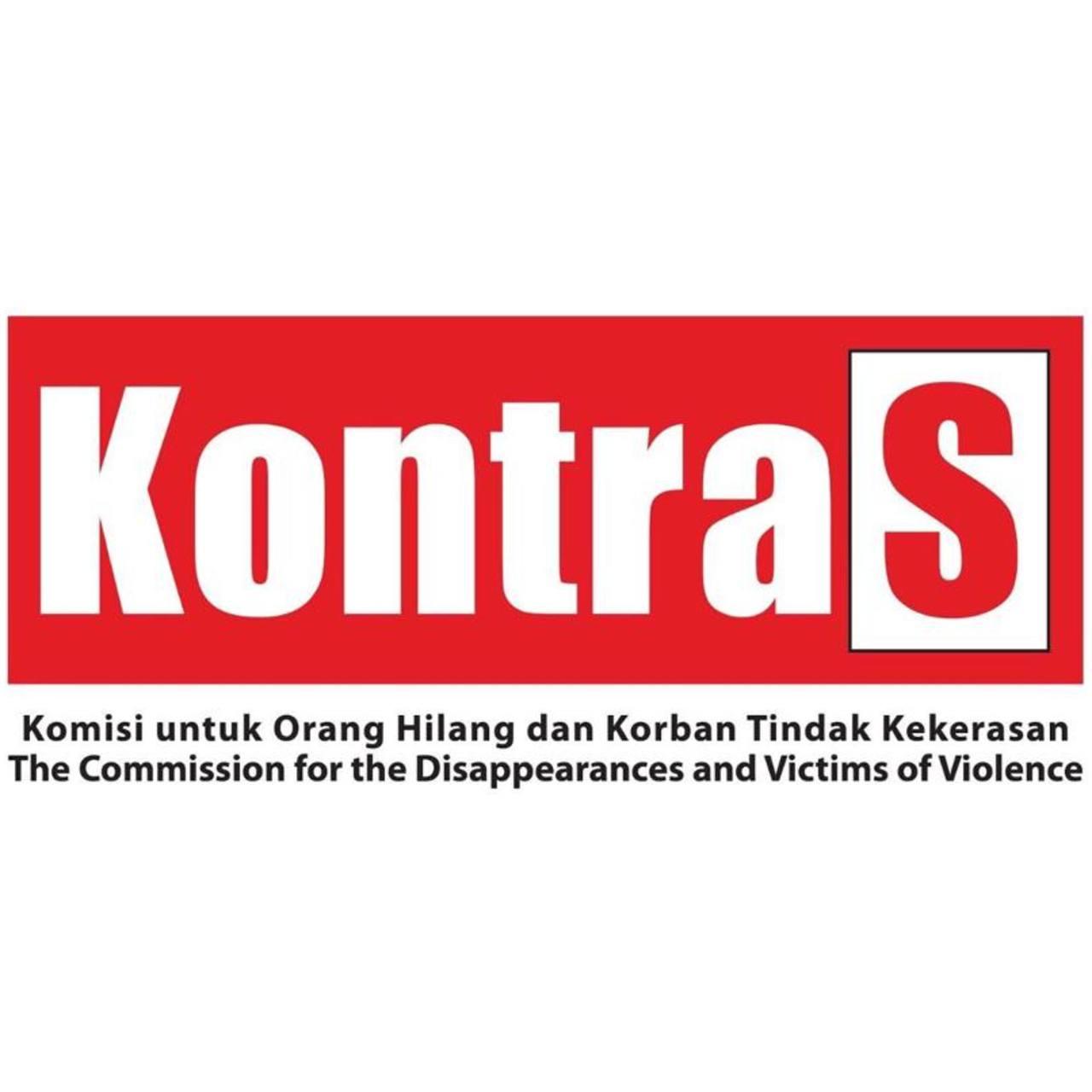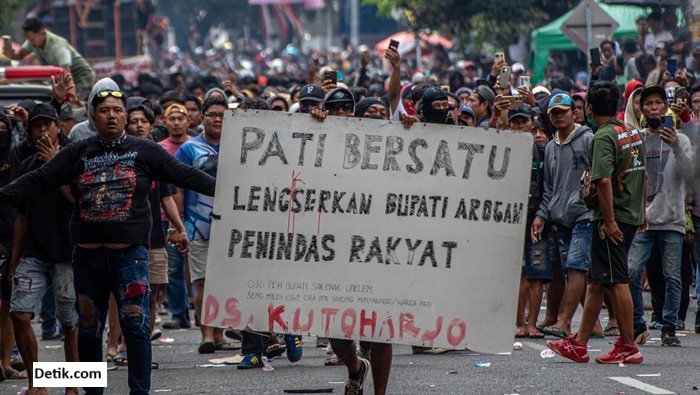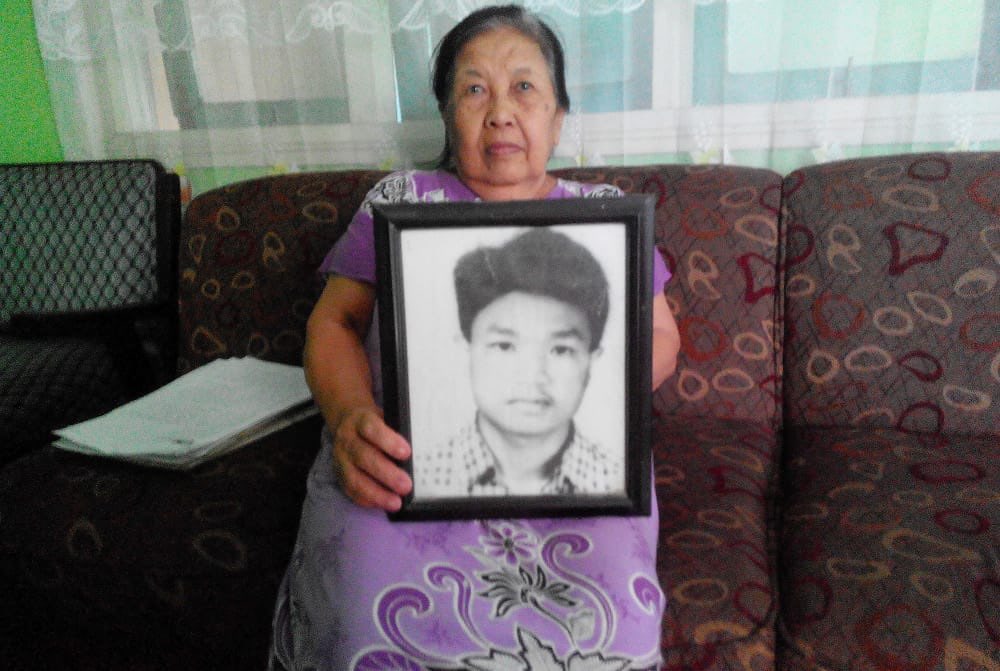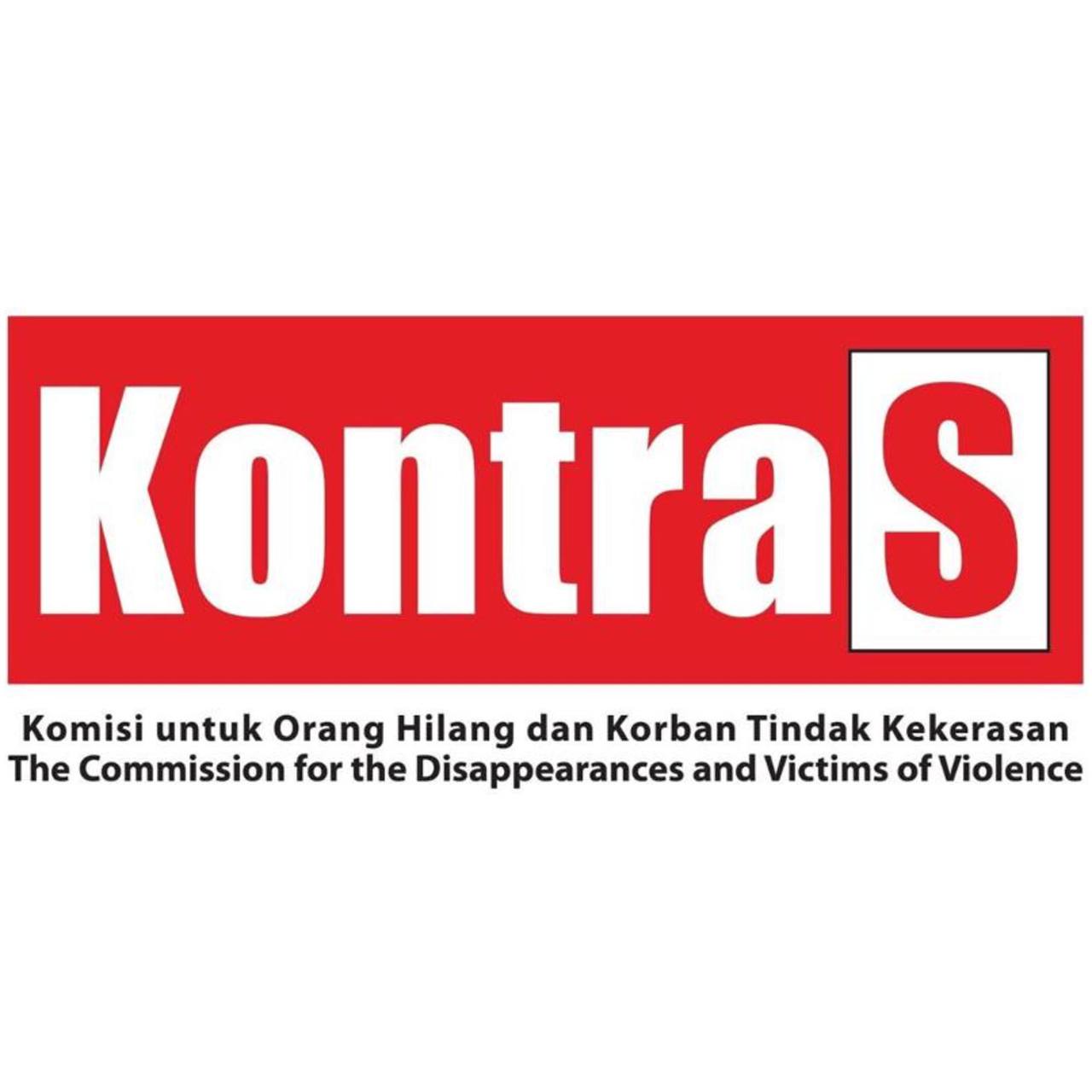The Commission for the Disappeared and Victims of Violence (KontraS) strongly condemns all acts of violence and excessive force committed by the police against civilians exercising their right to peaceful assembly to oppose a series of controversial policies issued by the Regent of Pati, Sudewo. The recurring violence reflects the police institution’s reckless and arbitrary performance of its duties, the lack of effective oversight and evaluation mechanisms, and the perpetuation of impunity. It is long overdue for the Indonesian National Police to undergo a comprehensive institutional reform.
Based on the information we gathered, the protest organized by the United Pati People’s Alliance (Aliansi Masyarakat Pati Bersatu) was grounded on numerous concerns, including: (1) The policy to increase the Property Tax (PBB-P2) rate by up to 250 percent, (2) The change from a six-day school week to a five-day school week, (3) The confiscation of donated goods intended for the protest, and (4) The Regent’s challenge to tens of thousands of residents to stage a demonstration.
During the protest, a total of 2,781 security personnel comprising joint police forces from the District Police (Polres) and Regional Police (Polda), the military (TNI), and other stakeholders were deployed to secure the protest.
The protesters, who were never met by any representative of the Pati Regency Government, grew frustrated and attempted to enter the premises by pushing against the gate of the Regent’s office. This was met with the firing of water cannons and tear gas – in which several of it had already expired. Disturbingly, the tear gas was not only fired at the protest site, but also toward the Baitunnur Grand Mosque and nearby residential areas. At least twenty seven (27) protesters were injured and rushed to nearby hospitals, while twenty two (22) others were arbitrarily arrested.
In light of these events, KontraS considers that the police engaged in excessive use of force. The police should not have dispersed protesters using tear gas without a clear and justifiable reason, as the use of force must be proportionate to the level and escalation of the threat. This principle is clearly stipulated in the Chief of the Indonesian National Police Regulation (Perkap) No. 16 of 2006 concerning Crowd Control Guidelines in conjunction with Perkap No. 1 of 2009 concerning the Use of Force which states that police actions may include preventive measures, verbal commands, soft empty-hand control, hard empty-hand control, and blunt weapon control while adhering to the principles of legality, proportionality, and necessity.
Such measures must be applied progressively and to the fullest extent in addressing security disturbances. Furthermore, the use of less-lethal weapons is regulated under Indonesia’s Standing Procedure No. 1/X/2010 on the Handling of Anarchy, which stipulates that the use of such weapons must comply with police standards. This underscores that the use of expired less-lethal weapons falls outside the standard of use. Unfortunately, there is still no established mechanism to hold accountable those responsible for the excessive use of force and expired less-lethal weapons. The absence of criminal accountability (impunity) for those responsible for the firing of tear gas, combined with the lack of comprehensive human rights–based reform within the police institution, remains at the root of the persistence of violence and the continued practice of excessive use of force.
Furthermore, the arrest of 22 protesters clearly violated the Chief of the Indonesian National Police Regulation (Perkap) No. 8 of 2009 on the Implementation of Human Rights Principles and Standards. Article 11 of this regulation explicitly prohibits members of the police from conducting arbitrary arrest and detention, as well as from using excessive force.
In addition, such arbitrary arrests blatantly violate the right of every individual to be free from arbitrary arrest, to be protected from torture during arrest, to have access to legal assistance, and to be informed of the arrest and allowed to meet with their family. These rights are guaranteed under Article 18 of Law No. 39 of 1999 on Human Rights, Article 9 of the International Covenant on Civil and Political Rights (ratified through Law No. 12 of 2005), and Articles 60 and 61 of the Indonesian Criminal Procedure Code (KUHAP).
“In light of the above, we consider the acts of violence committed by members of the police against the people of Pati, who were peacefully exercising their right to freedom of expression in public, a violation of human rights. Police officers involved in the violence, including the reckless firing of tear gas into a mosque and residential homes, must be held criminally and ethically accountable,” stated Dimas Bagus Arya, Coordinator of KontraS.
Thus, KontraS urges:
-
The Indonesian National Police (Polri) to immediately cease the use of repressive and excessive security approaches in handling public assemblies and demonstrations;
-
The Indonesian National Police (Polri) to punish officers involved in acts of violence and arbitrary arrests, and to ensure criminal accountability through proper investigative and prosecutorial processes;
-
State institutions such as the National Commission on Human Rights (Komnas HAM), the National Commission on Violence Against Women (Komnas Perempuan), the Witness and Victim Protection Agency (LPSK), and the National Police Commission (Kompolnas) to take a more active role in exercising their mandates and authorities in response to this incident.
Jakarta, 15 August 2025
KontraS Coordinator
Dimas Bagus Arya
Contact Person: (+62) 8953-4817-5043

KontraS
Komisi Untuk Orang Hilang dan Korban Tindak Kekerasan




